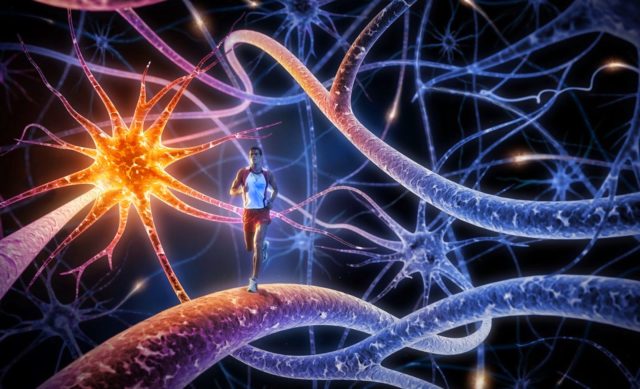The immune system serves as the body’s defence against invaders that may not necessarily be disease-causing substances, such as pollen, grain, sunburn, and grass.
But the body effectively perceives them as foreign and inappropriate, leading to the regular alert response by the fighter molecules, more often known as the white blood cells (leucocytes). The immune system is made up of a huge network of organs, white blood cells, proteins (antibodies) and chemicals.
Except for the brain, which merely manages the entire body, each portion of the body possesses these cells as defence mechanisms.
The immune system is a complex marvel that keeps us alive in almost all health-related circumstances. These cells initiate the majority of inflammatory responses, and during this state of panic, several bodily activities deemed minor are carried out with reduced intensity or put on hold until the damaged portion of the body returns to normal. As a general rule, the immune system is under stress when the body is stressed.
1. Sleep right: Six to eight hours of rest as much as the body needs at night and perhaps midday naps if you can afford to. A rested body is a relieved and semi-detoxified system
2.Eat healthy: Natural foods are easier to digest by the stomach, and intestines and assimilated into the bloodstream. Heavy meals are better digested in the prime of work hours (10.00 am -6.00 pm). Meals with protein are necessary for a strong immune system. The amino acids in this macronutrient help to maintain and build immune cells.
3.Refrain from eating late at night: It’s one thing to satisfy hunger with a snack, but quite another to stuff yourself right before going to bed. This action makes sleeping uncomfortable and waking up a hassle.
4. Reduce heavy intake of oil-fried meals: The oils taken in with our tasty and crunchy meals are also assimilated into the bloodstream through the blood vessels.
5. Drink Water: Always drink the right quantity of warm water after heavy meals. Although drinking cold water can be soothing when you’re feeling overheated, it delays digestion since it reduces the stomach’s optimum temperature, wherein the enzymes are most effective. It could initiate bloating too.
6. Avoid habitual drinking of strong alcoholic drinks: Alcohol alters the PH of the body, dulls nerve impulses and body coordination, and reduces the measure of lymphocytes thus predisposing the body to health disorders.
7. Eat sufficient vegetables: There are varieties of vegetables usually green and fleshy some are sources of essential amino acids the body cannot synthesize. Vegetables generally are underrated sources of nourishment and should be added to every heavy meal as they contain fibre, iron and folates, which bolster the blood constituents and volume.
8. Exercise: It is almost always a good idea because it works your muscles without putting too much stress on your body. Set goals, such as walking 7000 steps today and jumping 50 times, to improve your workout. The efficient transport of oxygen and other biomolecules to all cells, tissues, and organs is made possible by regular exercise.
9. Maintain work-life balance: Cortisol, a steroid hormone, is continuously elevated in reaction to chronic stress experienced by the body. The body relies on hormones such as cortisol during brief times of stress (when your body enters a “fight-or-flight” response), as it has the favourable effect of actually suppressing the immune system from responding before the stressful event is over. However, a lengthy hold off of the immune system leaves room for an invasion.
10.Pay attention to physical changes: As symptoms and signs often precede clinical manifestations, regular medical exams are necessary to remain on top of any imminent threat. A doctor’s advice would help evaluate whether chemotherapy is necessary or if the immune system is strong enough to combat the anomaly.
11.Excrete and urinate as much as possible: Allowing the body to naturally expunge its waste products is a good strategy to lower the levels of toxins in the circulatory system.
12. Avoid smoking and exposure to second-hand smoking: A cigarette is a cocktail of over 5,000 unique chemicals with a significant number being detrimental to man. Although they are in minuscule amounts, when heated, the chemicals become activated and recurrent absorption through the lungs to the circulatory system wears down the immune system thus exposing the body system to diseases.
Conclusively, red blood cells, white blood cells, and other deteriorated body cells are collected by the immune system. It is your sovereign military might, and it must be strengthened at all costs to optimise your quality of life now and in the future.



